“She is innocent and monstrous at the same time”: Maxim Didenko on Salomé at Theatre Royal Haymarket
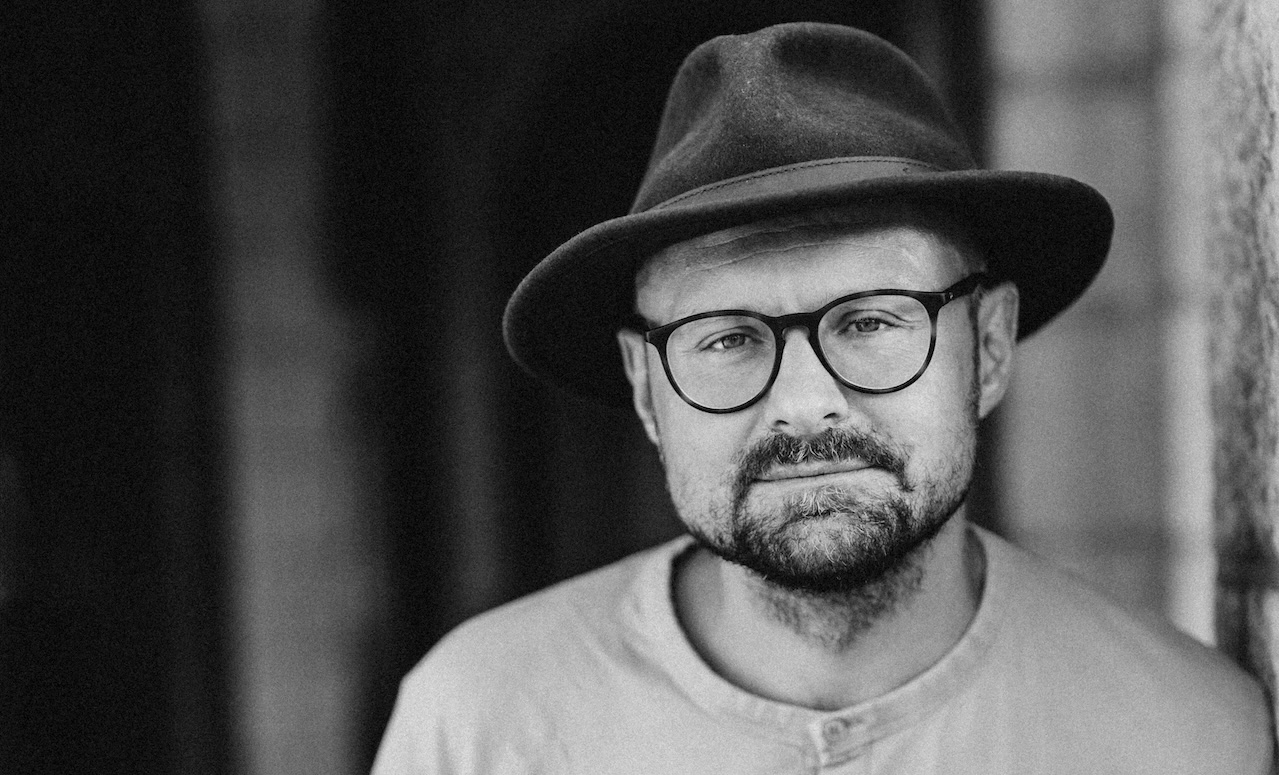
Maxim Didenko, director of the Theatre Royal Haymarket’s latest production of Salomé, is a theatrical director originally from St Petersburg, whose previous work has garnered a multitude of awards, including a GQ and National Theatre Award. Written by Oscar Wilde in 1891, Salomé is a theatrical depiction of the biblical story in which Salomé, stepdaughter of Herod Antipas, attempts to seduce John the Baptist. We caught up with Didenko before the show’s opening to find out how he has traversed this controversial and provocative play.
What was it that initially drew you to Salomé?
I’ve been fascinated by the story since my youth. Wilde’s text is a strange mixture of poetry, provocation and danger. It has a rhythm and an energy that still feels radical today. For me, it was less about the biblical myth and more about the chance to stage desire and destruction in their purest form.
The story is, of course, biblical, and Wilde’s play was written in 1891. Why do you think the story continues to connect with a modern audience?
Because it’s about power. About the collision of innocence and violence, desire and control. These themes are as urgent now as they were in Wilde’s time. We live in a world obsessed with beauty, with spectacle, with the politics of the body – Salomé speaks directly to that.
At the time of publishing, the play was banned in the UK due to its depiction of biblical characters. How do you continue to encapsulate the provocative nature of the text in a landscape that is much less reserved?
The provocation today is not in showing biblical characters, but in showing human beings stripped bare. We are used to spectacle, but less used to intimacy and truth. I think the danger now is in making the audience feel complicit – what does it mean to desire, to obey, to destroy? That’s the real provocation.
Can you give us any insight into the rehearsal process?
Rehearsals were intense because the play requires an almost ritualistic concentration. We worked a lot with the physicality of the actors, with rhythm, with silence. Wilde’s words are rich, but what happens between the words is just as important.
Is there any inspiration that you have particularly drawn upon to feed your direction?
I was inspired by painting – Caravaggio, Goya, even Francis Bacon. Painters who understood the beauty and horror of the human body. I wanted the stage to feel like a living canvas of desire and death.
Are there any lines that particularly stand out as your favourites in the play?
Yes – Herod says: “One should not look at anything. Neither at things, nor at people should one look.” It’s such a simple line, but it carries a whole philosophy: the fear of truth, the terror of looking too closely.
Salomé is a controversial character. Do you believe her to be a naive young girl, or a powerful seductress fully aware of her own capabilities?
I believe she is both. That’s what makes her so fascinating. She has the cruelty of youth, but also the clarity of someone who knows exactly what she wants. She is innocent and monstrous at the same time.
You are known for your work that explores both the vulnerability and danger of humanity. How does this exploration play into this production of Salomé?
This play is about the danger of desire and the vulnerability of those who are caught inside it. Everyone in the story is both victim and executioner. That paradox – our capacity to destroy and to be destroyed – is at the heart of my work.
Richard Strauss’s 1905 opera of Salomé has arguably outshone Wilde’s play in popularity. How has music been used during this production?
Music is crucial. Not Strauss, but original compositions and soundscapes that underline the ritual and the danger. We used music almost like a heartbeat – it creates tension, release, and silence. Without it, the play would feel incomplete.
What would you like the audience to take away from the performance?
Not answers, but questions. What does desire cost us? What happens when beauty becomes destructive? And what are we complicit in, as spectators? If the audience leaves haunted and unsettled, then I think Wilde would be happy.
Thank you for your time.
Emilia Gould
Images: Isaiah Fainberg
Salomé is at Theatre Royal Haymarket from 30th September until 11th October 2025. For further information or to book, visit the theatre’s website here.
Watch the trailer for Salomé at Theatre Royal Haymarket here:

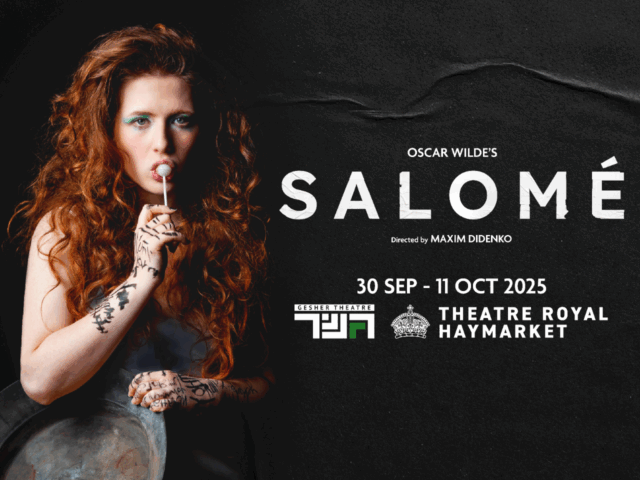
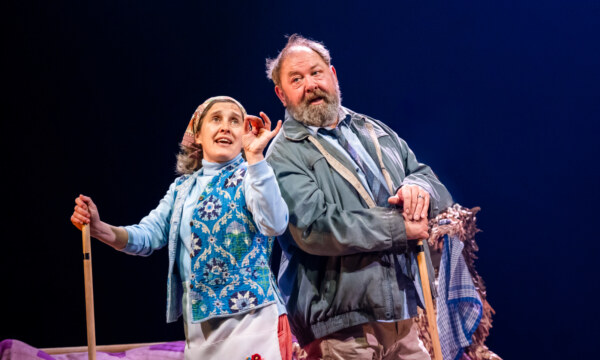
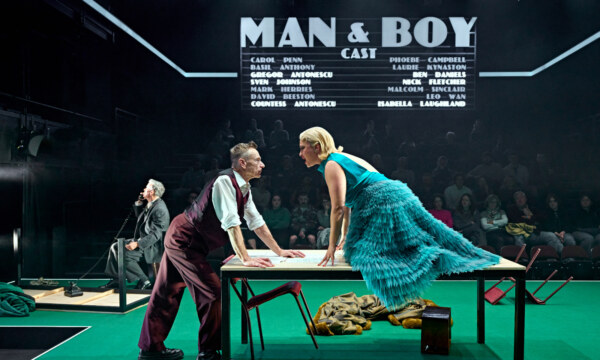
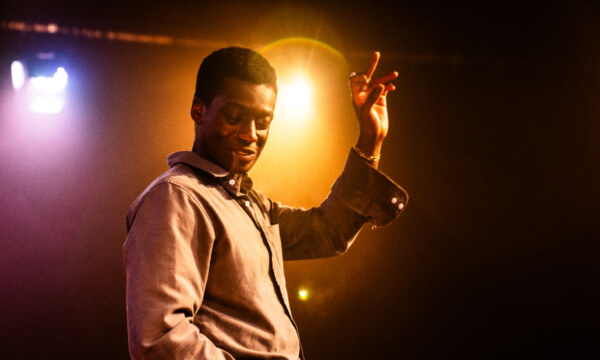
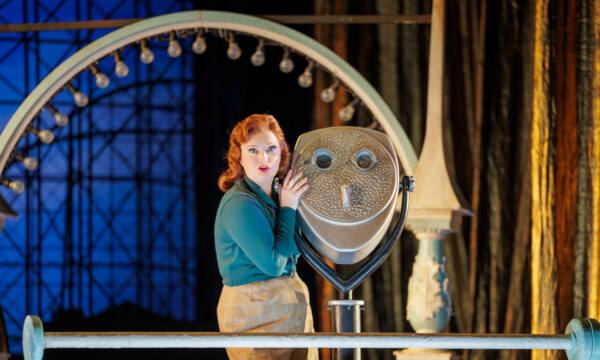
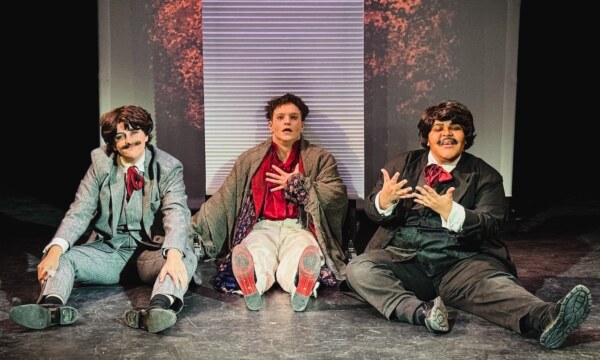
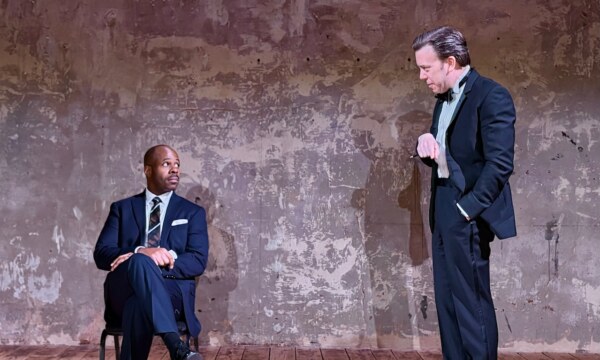
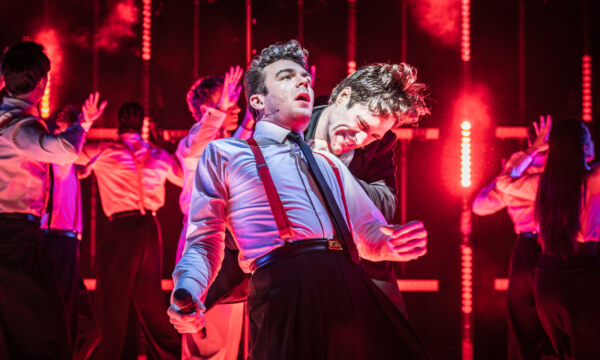
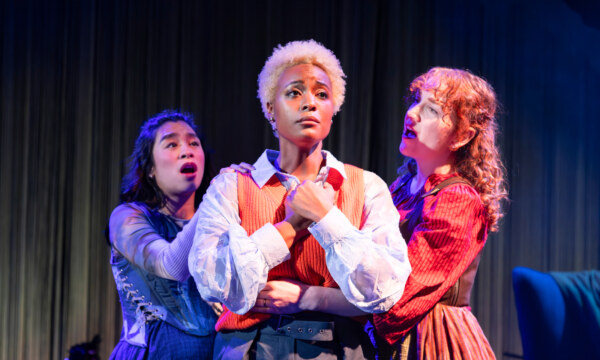
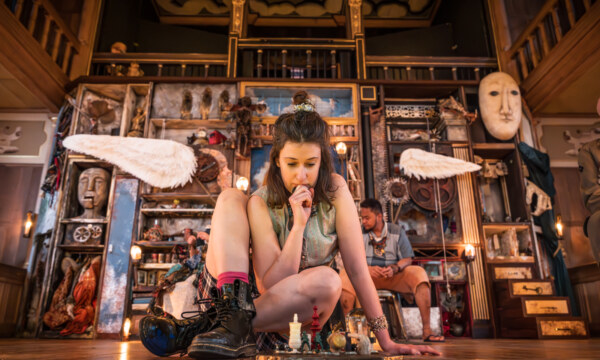
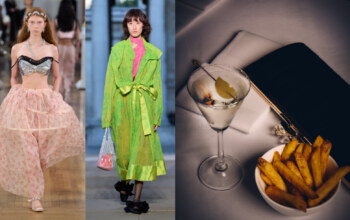
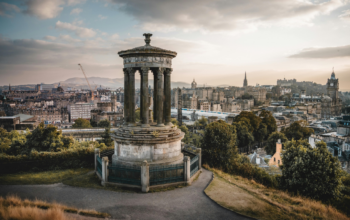
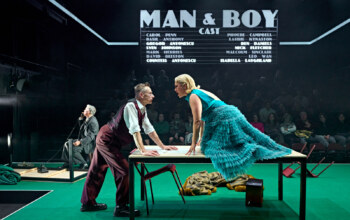
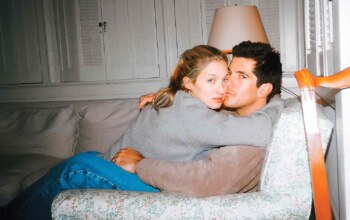
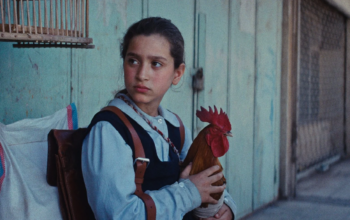
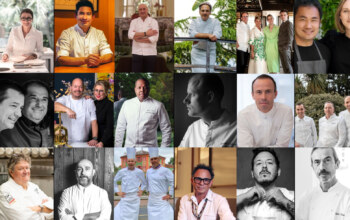
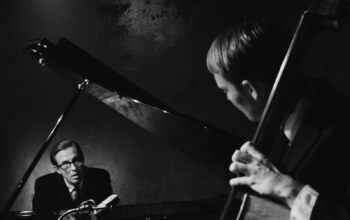
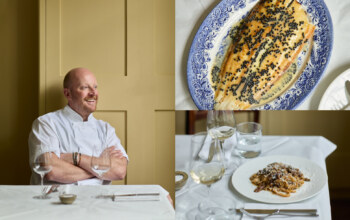

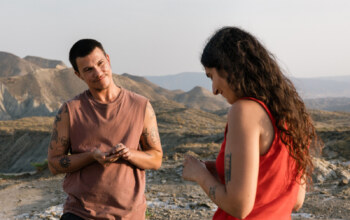

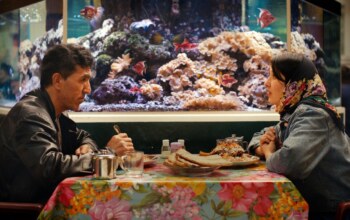

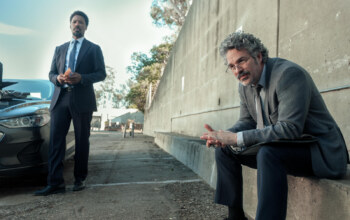

Facebook
Twitter
Instagram
YouTube
RSS